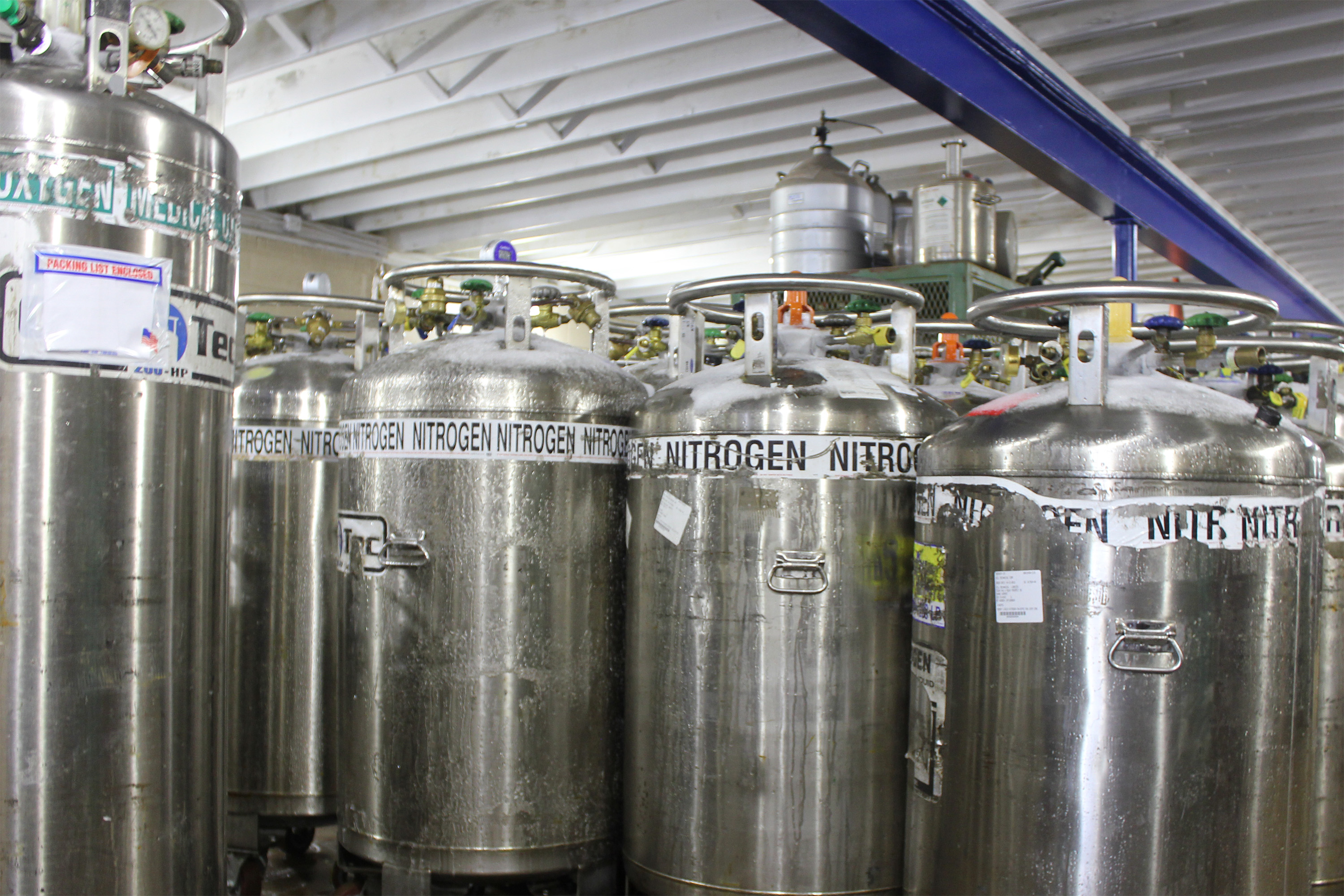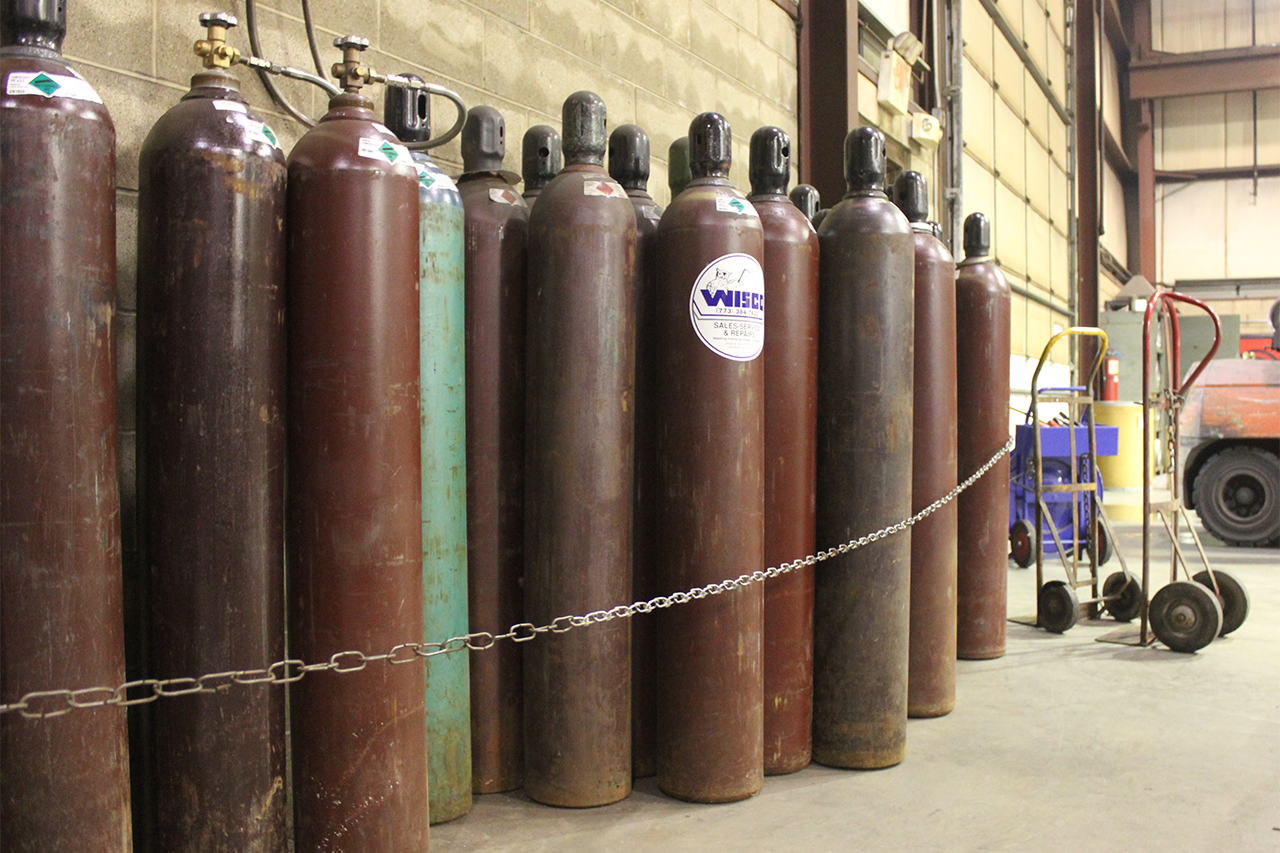Industrial Gases
Gases That Support Industry
For over 60 years, Wisco has supplied and supported the manufacturers, fabricators, & construction companies in and around Chicago. Our gases helped build the skyline that exists today as we continue to serve these industries with service & family values unmatched by our competitors.
Welding & Industrial Gases
Wisco carries a wide variety of gas for every welding, metal fabrication, & industrial application alongside the technical expertise to help tailor a solution for your business.
Pure Gases
- Acetylene
- Breathing Air
- Argon
- Carbon Dioxide
- Chemtane
- Helium
- Hydrogen
- Oxygen
- Propane
- Propylene
- Neon
- Nitrogen
- Nitrous Oxide
- Krypton
- Xenon
Gas Mixtures
- Argon-Carbon Dioxide (C2, C5, C8, C10, C15, C25)
- Argon-Oxygen (A99, A98, A95)
- Argon-Helium (A75, A25)
- Argon-Carbon Dioxide-Oxygen
- Argon-Carbon Dioxide-Helium
- Argon-Hydrogen
Liquid Gases
- Liquid Argon
- Liquid Oxygen
- Liquid Nitrogen
- Liquid Helium
- Liquid Carbon Dioxide
Cryogenic Liquid Gas
Cryogenic liquids, or “Liquid Gases” are gases that have been cooled dramatically below their boiling point (i.e. -320 F for Liquid Nitrogen). These liquefied gases are stored in liquid cylinders sometimes called dewers. These cylinders are much larger than normal compressed gas cylinders and holding up to 450 liters of liquid which translates to over 5500 cubic feet of gas depending on the size and gas type.
Liquid cylinders are equipped with pressure building systems called internal vaporizers. The cryogenic liquid is passed through internal tubes, heating it up until the phase shift back to gas occurs, thus generating pressure. These cylinders operate at pressures up to 350 psi, thus creating a versatile option to the tradition compressed cylinder.
Liquid Cylinder Safety
Liquid cylinders are equipped with pressure relief systems that control the internal pressure. Despite being a near perfect vacuum, a liquid can’s insulation still allows small amounts of heat to cause product to boil off. The relief systems sole purpose is to prevent excess pressure, and as a result will periodically vent of product that can sometimes be a loud or sudden ‘hiss‘. Due to this, Liquid Cans should always be stored in well ventilated areas. Other safety precautions like face shields and cryogenic gloves should be used when handling these cylinders. For more safety information on how to handle liquid cylinders, or on the gases themselves, contact us or refer to the safety data sheets.




